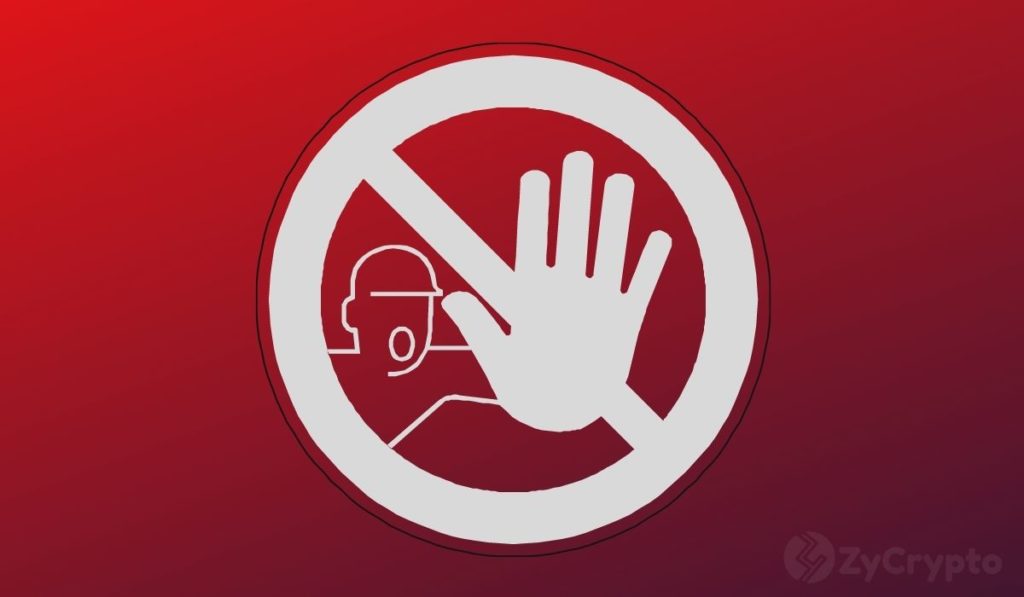2018-9-17 09:12 |
Japan’s financial regulator has recently unveiled the current state of the crypto regulations in the country. Three crypto operators are currently being reviewed. With 160 companies wanting to enter the space, the regulator plans to add more personnel to help review new applicants. In addition, a self-regulatory plan for crypto exchanges has also been submitted to the regulator.
Also read: 160 Crypto Exchanges Seek to Enter Japanese Market, Regulator Reveals
Current State of Crypto RegulationsJapan’s top financial regulator, the Financial Services Agency (FSA), published several documents from its fifth crypto study group meeting on Wednesday, September 12. The current state of crypto regulations and exchange registrations were discussed.
The agency confirmed that out of the 16 companies that have been allowed to operate crypto exchanges while their applications are being reviewed, only three have survived the agency’s recent inspections. Coincheck, Lastroots, and Everybody’s Bitcoin are currently being reviewed. The FSA reiterated that it is “currently reviewing the work improvement report” of Coincheck and, going forward, it will periodically conduct on-site inspections of registered exchanges.
Out of the 16 companies, one was rejected by the agency and 12 others have withdrawn their applications. In addition, approximately 160 companies have expressed their intention to register crypto exchanges, as previously reported by news.Bitcoin.com.
FSA Expanding Crypto TeamThe FSA’s vice commissioner for policy coordination, Kiyotaka Sasaki, said at the meeting that “The biggest problem is how to deal with new operators,” Reuters reported on Wednesday.
He noted that the agency currently has 30 personnel whose jobs include monitoring crypto exchanges and traders, supervising unregistered operators, and reviewing registration applications.
However, with over 160 companies wanting to enter the market, the FSA is seeking additional workforce to help with reviewing applicants. The agency is requesting 12 more personnel in the financial year 2019 to swiftly respond to crypto exchange operators, the publication conveyed.
Plan for Self-RegulationAlso discussed at the meeting are self-regulatory rules established by the Japan Virtual Currency Exchange Association (Jvcea).
Yasunori Okuyama.Currently, the members of the association are the 16 government-approved crypto exchanges: Money Partners, Quoine, Bitflyer, Bitbank, SBI Virtual Currency, GMO Coin, Bittrade, Btcbox, Bitpoint Japan, DMM Bitcoin, Bitarg Exchange Tokyo, Bitgate, Bitocean, Fisco Virtual Currency, Tech Bureau, and Xtheta.
The president of both the association and Money Partners, Yasunori Okuyama, explained to the meeting attendees the long list of self-regulatory rules, Impress Corporation reported. One of the rules relates to the handling of cryptocurrencies at exchanges, which states:
When handling a new virtual currency, after conducting an internal review by the member, it is necessary to notify the association beforehand, and if the association gives an objection, it will not be handled.
Another rule concerns the management of customer assets. The association explained that extra restrictions have been added such as “measures concerning margin trading using virtual currency” in compliance with the fund settlement law and the administrative guidelines.
The leverage limit designated by the association is four times but members can choose their own limit under certain circumstances. The margin trading rule aims to “suppress the risk of loss of users and excessive speculative transactions in leverage transactions using virtual currency,” the association explained.
Furthermore, exchanges must have anti-money laundering (AML) and combating the financing of terrorism (CFT) measures as well as rules regarding anti-social forces. Among other rules are ones covering basic transactions, dispute resolution, solicitation and advertising, trading guidelines, ethics and how to handle initial coin offerings (ICOs).
While the association says that “the self-regulatory rules will generally be enforced “at an early stage in order to acquire the accreditation of our association,” it acknowledges that some rules may take longer to comply.
What do you think of the Japanese crypto regulation and self-regulation? Let us know in the comments section below.
Images courtesy of Shutterstock and the FSA.
Need to calculate your bitcoin holdings? Check our tools section.
The post Japanese Regulator Unveils Crypto Regulation Updates appeared first on Bitcoin News.
Similar to Notcoin - TapSwap on Solana Airdrops In 2024
Emerald Crypto (EMD) íà Currencies.ru
|
|





















